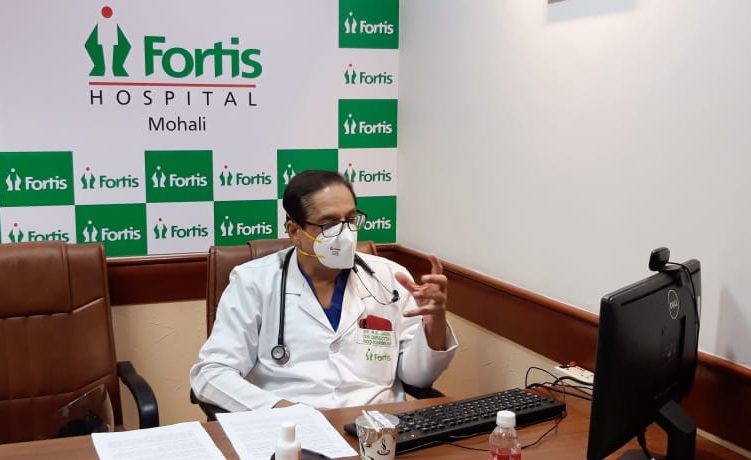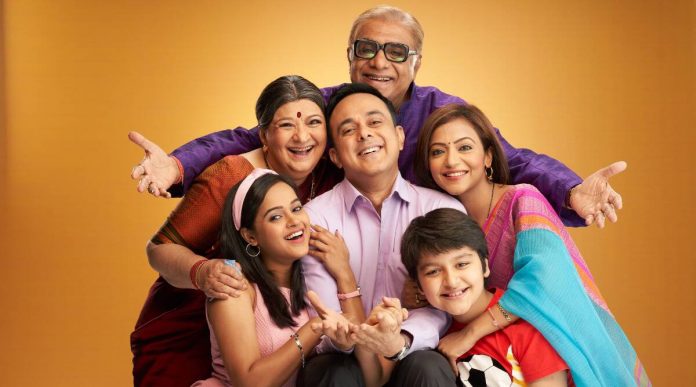Nearly 50 percent of patients admitted to COVID ICUs needed the advice of a cardiologist: Amid the pandemic, Fortis Hospital Mohali has treated over 3,500 cardiac patients, many of whom had pre-existing heart conditions or required cardiac care post recovery from COVID.
Under the aegis of Dr R. K. Jaswal, Director, Cardiology and Cath Lab, Fortis Hospital Mohali, cardiac interventions (to treat heart complications due to COVID) resulting in favorable outcomes have seen an almost 100% successful outcome.
Taking the example of three patients, Dr Jaswal detailed out the risk factors and precautions that need to be taken by cardiac and post COVID cardiac patients to prevent contracting the viral infection and subsequent complications involving the heart.
Mr. Karamjit Singh, aged 68, presented with heart rhythm instability after being diagnosed with COVID-19 on March 15, 2021. A temporary pacemaker was inserted to address the same, however this was followed by multiple episodes of Ventricular Tachycardia (an increase in the heart rate which causes sudden cardiac death).
He was given life-saving electrical shocks and underwent a dual chamber Automated Implantable Cardioverter Defibrillator (AICD) insertion to prevent a sudden cardiac death after discharge. He has been in perfect health since his discharge four months ago.
Mr. Ram Lal Sharma, aged 46, was diagnosed with COVID-19 in May 2021. Postdiagnosis, he complained of chest heaviness and difficulty in breathing. His angiography revealed that he had ‘Critical Single Vessel Disease’, for which he underwent stenting. His post-operative period was smooth, and he is currently doing well.
Dr R. K. Jaswal said, “As the above case studies showcase, several patients diagnosed with COVID develop heart related ailments (especially if they have a pre-existing cardiac condition). While majority can be stabilized with medicines, a significant proportion develop serious complications which necessitate life-saving cardiac interventions such as coronary angioplasty, stenting, temporary or permanent pacemaker implantation, and pericardial fluid aspiration. Therefore, it is imperative that COVID and post COVID patients exercise caution to safeguard themselves from developing complications involving the heart. Chest pain, dyspnoea, palpitations, excessive sweating, vertigo, a sensation of dizziness, transient loss of consciousness, acute shortness of breath and coughing heavily at night, swelling on face, abdomen and feet, tenderness in calf muscles due to deep vein thrombosis and severe shortness of breath due to pulmonary embolism are some of the warning signs that patients should be on the lookout for.”
He adds, “The golden rule to avoid getting infected is to stay at home and if one needs to venture outside due to some urgent work, maintain a gap of at least six feet (social distancing). Wear a well-fitting mask and wash your hands frequently or sanitize. Take all your prescribed heart medications regularly and ensure that they are sufficiently stocked. Also keep a record of daily readings of blood pressure and blood sugar. And remember that it is also important to stay hydrated.”







